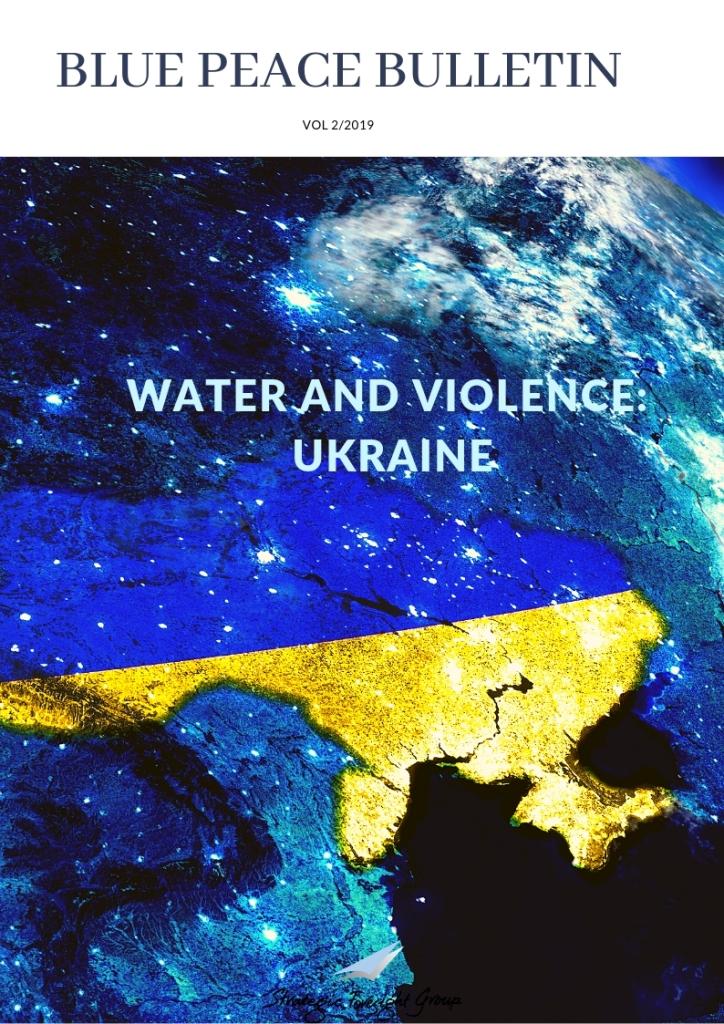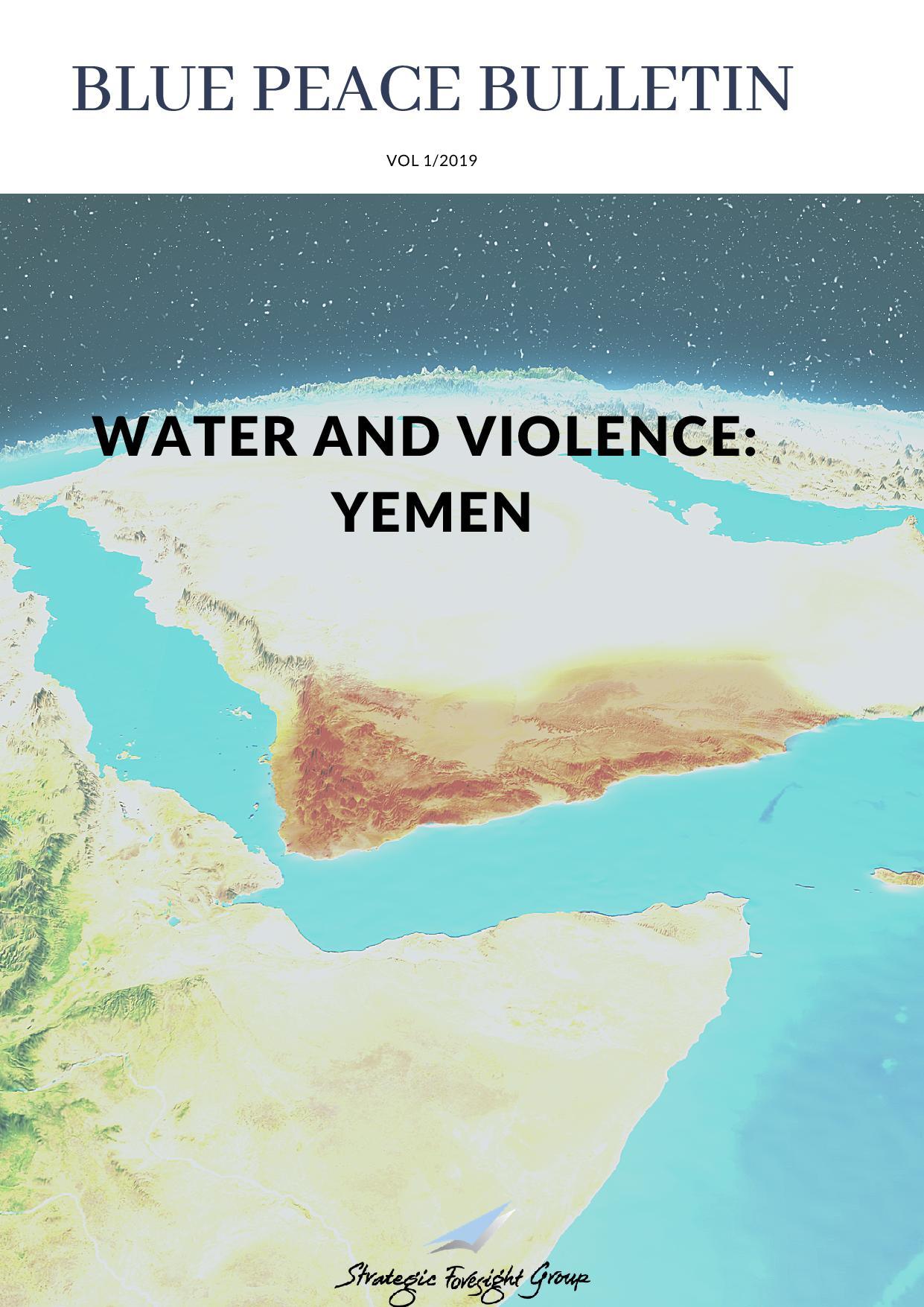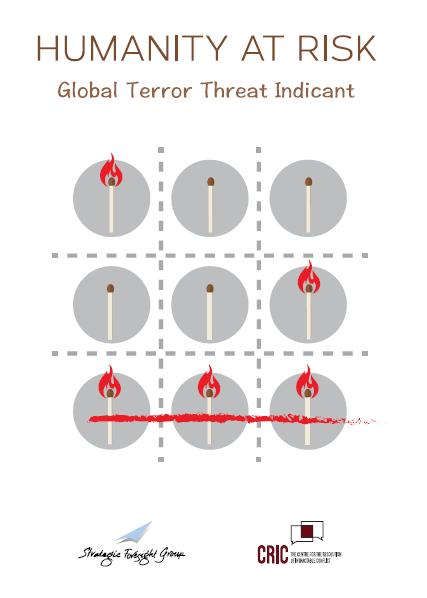Turkey in Transition
 |
September 2005
By Ilmas Futehally
|
Surrounded by 13 of the 18 conflict zones in the world, located at the junction of Europe and Asia, centrally placed on the energy route to Europe, the future of Turkey is bound to impact the future of the world. Strategic Foresight Group was invited to Turkey in February 2005 for consultations with the government for our Sustainable Global Security Initiative. We were fortunate to meet a wide range of leaders and scholars, including Prime Minister Recep Tayyip Erdogan, who was one of the first leaders we met.
Former Mayor of Istanbul and Chairman of the Justice and Development Party (named after an opinion poll showing these as the two main attributes that the Turks were looking for in a political party), Prime Minister Erdogan reminded us that Turkey had lost over 40,000 souls to terrorism. He said while terrorism has come onto the global agenda only after 9/11, Turkey has been dealing with it since the 1980s and has learnt many lessons that it can teach the world. He expressed his displeasure at the clubbing together of terrorism and Islam and said that the word Islam means peace. Such a religion cannot support terrorism. He said that terrorism is a demon irrespective of the religion of the people who perpetrate it.
Looking at the future, the Prime Minister expressed hope that the 21st century would be a century of sharing. In order to bring this about, in 2005 Turkey�€™s focus is on developing better relations with the Islamic countries, on global terrorism and on world peace. Prime Minister Erdogan belives that unless humankind understands the importance of sharing, the world will end in an arms race, given the fact that over USD one trillion was spent on arms in 2004. However if we could spend even half of this on poverty reduction, the problem of poverty could be solved.
One of the biggest questions facing Turkey�€™s future is its acceptance into the European Union. Negotiations are expected to begin next month. The Turks are optimistic that the process will be done in a period of 6-7 years and that by 2010 or 2011, Turkey will be a full fledged member of the EU. Former Foreign Minister of Turkey and Chairman of the European Union Commission in Turkish Parliament, Yasar Yakis told us that Turkey joining the EU will prove to the world that EU is not a club of Christian countries. He feels that they can act as a bridge between Europe and Islamic countries. Interestingly, though Turkey has a majority of Islamic population, its constitution states that no law should be based on religious precepts. Some people believe that the reason why Turkey is looked upon askance in certain European countries is that Turkey was seen as a threat to Europe during the Ottoman Empire. Much is being done to change this image.
Prof Domanyalu of the Black Sea University told us that Turkish groups in Europe are more integrated into their respective societies than other groups from Islamic countries. Fifty thousand doctors and businessmen from Turkey in Germany contribute over Euro 30 billion to the German economy. There are currently10-15 Members of the European Parliament of Turkish origin.
The biggest threat facing Turkey today is that of the Kurdistan Worker�€™s Party (PKK). This terror group was set up in the 1970s as a Marxist group. Over the last 15 years, the South East part of Turkey has been mainly affected with over 40,000 lives being lost. Mainly security forces, teachers, doctors and imams were targeted in the South East, while 30-35 of Turkey�€™s best diplomats have been killed by the PKK. Prof Yalcintas, Head of the Turkish Delegation of the OSCE told us that the reason the PKK was able to take root and operate for such a long time from the South Eastern region was that the topographical character of the area makes it next to impossible for the armed forces to fight a guerrilla war. External help, both financial and training support from European countries continued through the 1970s making the government�€™s task more difficult.
Other terrorist groups that are active in Turkey, irrespective of their objectives, also come from the South Eastern part of Turkey. This region is known for its social problems and lawlessness. The per capita GDP in Eastern Turkey is currently around 200 USD as against 7000 USD in Istanbul. It is interesting to note that most of the perpetrators of the 9/11 attacks also came from the South Eastern part of Saudi Arabia, a region bodering Yemen, that has a per capita income that is far below that of Riyadh. Similar disparities in the Indian subcontinent have given rise to the Naxalite movement and the Maoists. This is where the value of justice comes in. Foreign Minister, Abdullah Gul mentioned it very strongly. He said that it is only when justice, which convinces one in the heart is present, will terrorists get dissuaded. In the absence of justice, frustration and hopelessness force people into radicalism. Before they know it, they are drawn into terrorism. The Foreign Minister said that when nations take the attitude that �€œyour terrorists are good and ours are bad�€, it is impossible to have a concerted response.
Dr Sedat Laciner, Director of the International Strategic Research Organisation, a leading think tank in Ankara, believes that the PKK currently has an estimated 3000 people based in Northern Iraq today comprising its political and military wings. They make small forays into Turkish territory, execute their operations and return before they can be caught. Prof Yalcintas believes that the next 10 years will see sporadic, micro-ethnic acts of terror emanating from Eastern Turkey and Northern Iraq.
In the last few months, Prime Minister Erdogan has shown willingness to dialogue with the PKK and other radical groups. He visited the South Eastern areas of the country to initiate the dialogue. The Prime Minister�€™s critics maintain that this is just a ploy to gloss over Turkey�€™s human rights record and ease its entry into the European Union. The growing resistance to Turkey�€™s inclusion in the EU in many parts of Europe are also linked to its Islamic character and the presence of terror groups. Thus, on the face of it, Turkey�€™s entry into the EU and its terror groups are different issues that need different solutions. Under the surface, both these are intertwined.
Turkey is facing an uncertain future on a number of counts. Will terror attacks increase? Or will it be able to bring development to its Eastern region in a manner that reduces the present inequalities? Will it be able to join the EU and become the bridge between the Islamic world and Europe? Turkey is truly in transition. And the manner of its transition will determine the future of a vast part of the world.
Related Publications
Related latest News
Related Conferences Reports
-

P5 Experts Roundtable on Nuclear Risk Reduction
Download:Geneva Roundtable Report
-

Roundtable on Global Security and Catastrophic Risks
Download:Report on RT revise





